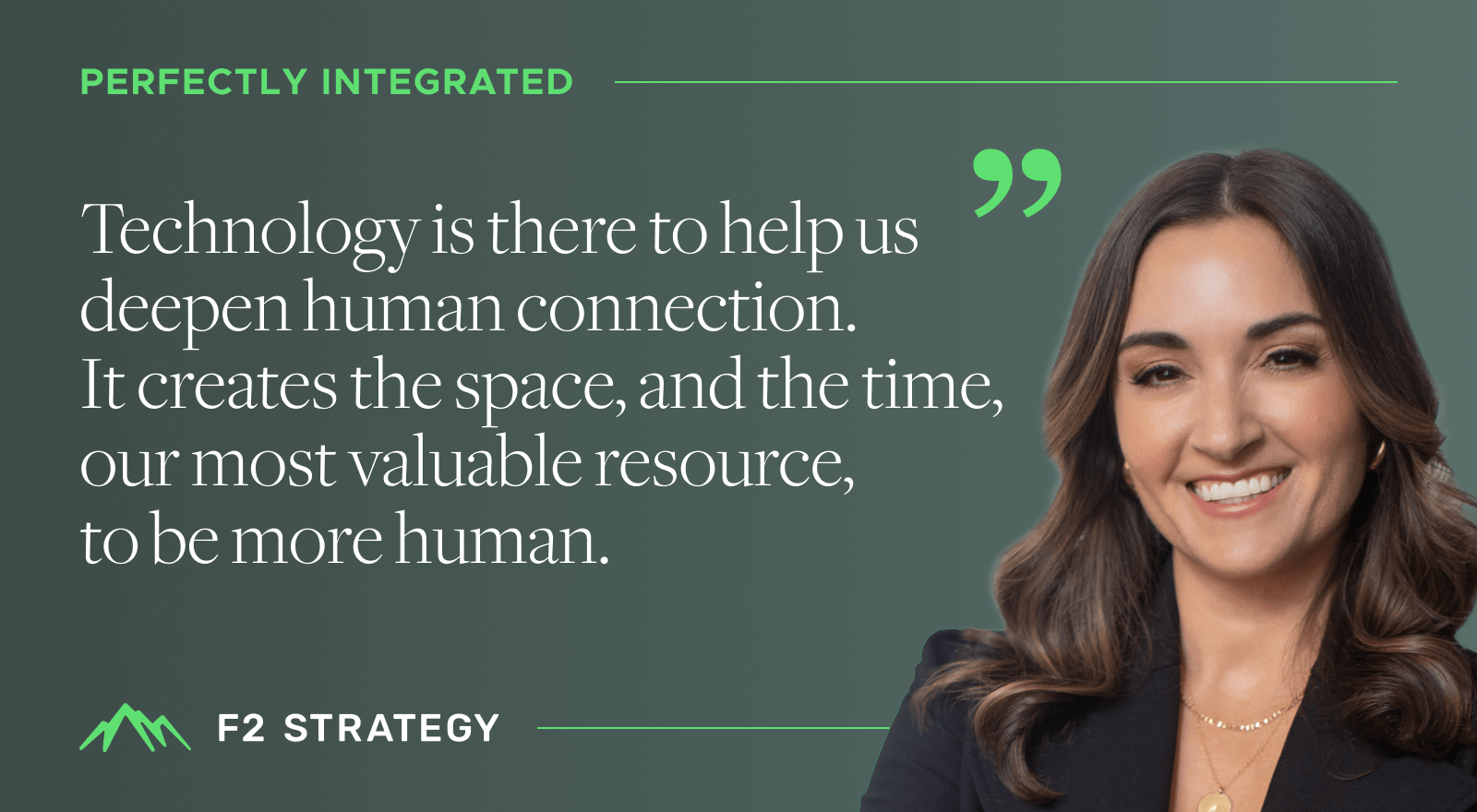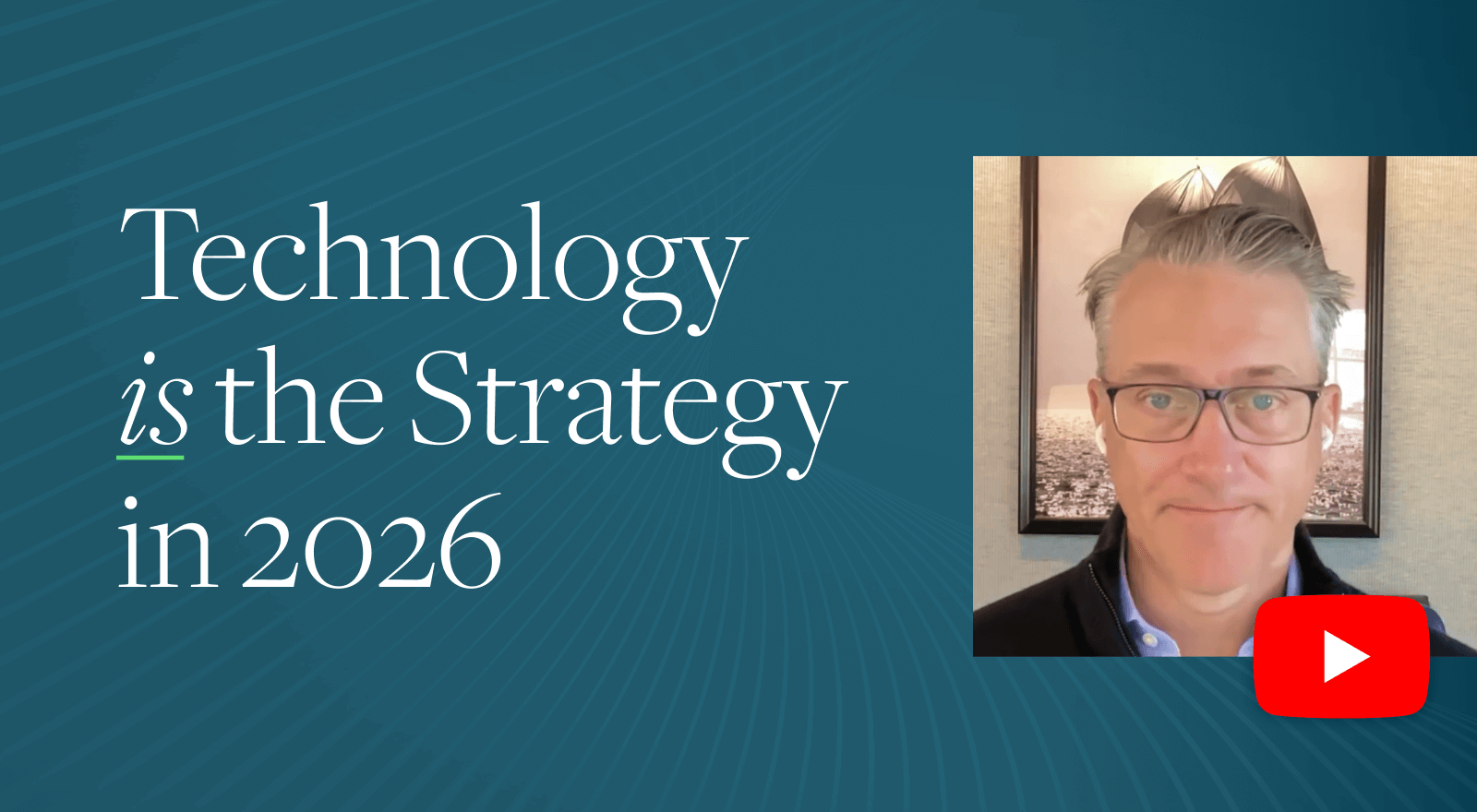For decades wealth management firms have put both agency and bank trust accounts on trust accounting platforms in order to have everything in one place. There are a few challenges with this strategy. First, trust accounting platforms tend to be more expensive and second, they are built to handle the complexity of P&I accounting and regulatory requirements of trust accounts which agency accounts don’t need. As wealth managers’ account mixes change from holding more trust accounts to holding more agency accounts, this strategy is becoming both untenable and unnecessary.
Today in the marketplace there is, for the first time, a viable option for separating out agency and trust accounts. There are providers that offer hybrid solutions that can accommodate wealth managers and bank trusts on a common platform delivering a consistent offering across brokerage, advisory and trust as an integrated wealth management solution. The platforms typically consist of brokerage and trust accounting systems with integrated workflows and straight through processing. On the front end, the client and user see a 360° view of accounts, activities and holdings.
These modern platform solutions open the door for bank trust firms to create their own RIAs. Currently, BNY Mellon’s Pershing and Fidelity are offering these solutions and LPL is building out its own solution. With two or three options available to advisors, the evolution in this area allows firms to grow and increase revenue faster as well as provide better all around experience for both clients and advisors.
How Hybrid Platforms Work
There are three key trends we see in the bank trust segment that these hybrid solutions address. They include:

- Dashboards—firms want workflows and notifications for the activities that individual staff members need to act on. For example, they want notifications that indicate when they need to approve something or act on an account’s overdraft.
- Integration—firms want new technology that reduces the need for multiple sign ons to manage data. In today’s market, clients expect to be able to see household views and using these platforms, advisors need to view their entire book in one place instead of going in account by account.
- Document Storage and Management—firms want their advisors to have the ability to search with indexing capability, and importantly, reduce the security risk that accompanies storing documents and data on shared drives.
Hybrid Platforms Offer Significant Benefits
Wealth management firms can realize several benefits by using modern hybrid platforms. Firms will find that they:
- Provide lower costs over traditional trust accounting platforms
- Decrease the manual work required of staff
- Increase the options for outsourcing to expert providers
- Improve back office efficiency (employees simply log in to the dashboard each day to see their to-do list rather than wait for emails to come in)
- Reduce human error with streamlined and automated processes
- Reduce paper and emails
- Provide documentation for internal and external auditors that is easier to access when needed
- Offer a 360° view for clients and advisors which ultimately enhances both users’ experiences
Looking ahead...
Bank trust firms want more modern web-based technology with workflows and dashboards which has created a lot of interest in these hybrid options. This interest gives the industry the opportunity to build out a better tool that really meets wealth management firms’ needs. As more end-to-end wealth management solutions come to market, it will allow the integration of performance measurement systems, performance reporting systems and financial planning tools.
This is an exciting time for wealth management firms to discover the ways in which technology can support their business goals. The next few years will clearly see a shift in the platforms they use to manage their accounts. As a result of this shift, firms will realize cost savings, enhanced user experiences and opportunities to expand or open new lines of business, ultimately blurring the lines that have historically defined RIAs and bank trusts.
If you’re ready to explore how to deliver better client outcomes with a more modern platform contact us.


.png)


